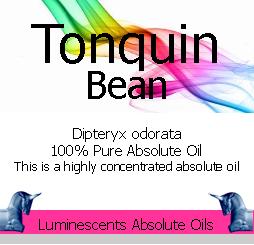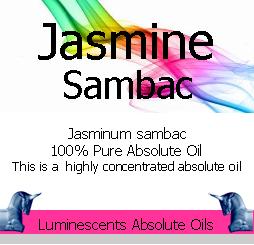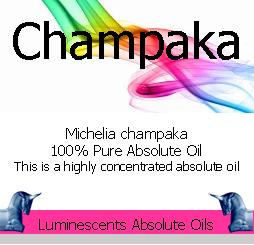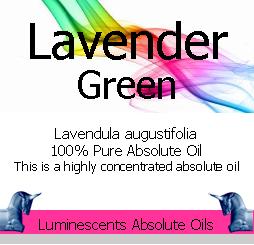Tonquin Bean Absolute Oil (TONKA) (Dipetryx odorata) 100% Pure
£65.00
BOTANICAL NAME: Dipteryx odorata
OTHERWISE KNOWN AS: Cumaru or Kumaru or Tonka
SCENT: Tonquin is a beautifully rounded and highly sought product, the aroma from which is peppery, spicy, with vanilla and marzipan note used as a base note in perfume.
STRENGTH OF AROMA: Strong
PLANT PART USED: Beans (seeds)
EXTRACTION METHOD: Food Grade Solvent
ORIGIN: Brazil
COLOUR: Dark brown to black
CONSISTENCY: Thick
NOTE: Base
CAUTIONS: Absolutes should be avoided during pregnancy and never ingested (taken internally) and should be kept away from children and pets. No medicinal claims are made for this product and the notes above are provided for guidance purposes only. Absolute Oils are powerful plant extracts and should be used with extreme caution. You should seek the advice of a qualified practitioner should you be in any doubt.
It is important to note that all absolutes are extremely concentrated by nature. They should not be evaluated in this state unless you are accustomed to the undiluted fragrance. For those trying Absolutes for the first time, we strongly recommend they be evaluated in dilution. Otherwise, the complexity of the fragrance – particularly the rare and exotic notes – become lost.
Tonquin Bean is sometimes known as Cumaru or Kumaru and is a species of profligate flowering tree belonging to the pea family. It is from this name that its chief constituent Coumarin owes its origin.
The plant is a native to to Central America and the northern South American continent and its seeds are commonly known as Tonka beans, but they are, infact, a seed.
They are dark brown to black, wrinkly when dried and have a smooth, brown interior. Their fragrance brings to mind that of vanilla, almonds, cinnamon, and cloves.
USES:
It is used extensively in the high class perfume industry for its intoxicating aroma and its fixative abilities but also used in the tobacco industry for the same reason plus its bitterness (from the Coumarin)
HISTORY:
Tonquin beans have been used as a substitute for vanilla, more so as a perfume ingredient, and in tobacco before being banned in some countries. They are used in some French cuisine.
The main producers of the seeds are Venezuela and Nigeria.
Its use in food is banned in the United States by the Food and Drug Administration. Many anticoagulant prescription drugs, such as warfarin, are based on 4-hydroxycoumarin, a chemical derivative of coumarin initially isolated from this bean. Coumarin itself, however, does not have anticoagulant properties.
Tonquin is still used today to flavour some pipe tobaccos like Dunhill Royal Yacht and Samuel Gawith 1792 Flake.
It is thought that the beans produce Coumarin as a defense mechanism which botanist now attribute to the tree’s long life although with the assistance of radio carbon dating, it is now known that the trees can live as long as 1000 years whereas it was previously thought that Rainforest conditions were the reason for such longevity.
CAUTIONS:Tonquin absolute should be avoided during pregnancy or if subject to seizures.
| Size (ml) | 100ml, 10ml, 200ml, 25ml, 2ml, 50ml, 5ml, sampler |
|---|




